Golly, I wonder who Jolenta’s father is.
I suppose this is another of those episodes were some might be inclined to attack Chi.: Chikyuu no Undou ni Tsuite over a lack of historical accuracy. While (again) this is absolutely not the point, the role of women as scholars in medieval Europe is an interesting topic. As a rule, during the late middle ages the further south you got in Europe the more likely women were to have a role in scientific exploration. This is no coincidence – women had more legal and practical power in Moorish areas than Christian ones (not to mention Moorish Europe and Africa was more advanced in the sciences than Christian Europe). Unless you’re as ignorant of geography as- well, 90% of Americans, you probably know Poland is pretty far north and thus largely devoid of direct Moorish influence.
Still, while we don’t know as much about the goings’ on in medieval Poland as some parts of Europe, it seems a safe bet that there were female intellectuals operating in stealth mode there, just as everywhere else. The one in question here is Jolenta (Hitomi Saya), a 14 year-old apprentice at the library of Count Piast (note that the Piast dynasty was actually defunct in almost all of Poland by this date). Jolenta got her gig by passing an exam, she’s clearly smart, but the men at the library pay her no mind and she’s not allowed to do any real research. She acts as the assistant to Kolbe (Shimazaki Nobunaga), who seems to be in her corner.
The wrinkle with Jolenta is that she’s actually the daughter of Nowak, though the anime – quite ludicrously – makes this out to be some sort of mystery. This is taken from the manga so I get why they left it in, but it would have been better to dispense with the charade. Tsuda Kenjirou’s voice is hard to miss, especially when he’s in like a hundred series a year. Nowak allowing his daughter to become a researcher is an interesting twist, given his occupation and worldview. I truthfully don’t know how realistic it is that she would even have been given the job, given that she’s officially not allowed to do almost all of it.
As for Badeni and Oczy, they move forward as Orb’s new odd couple. Badeni agrees take up the mantle of the research in the chest (Oczzy isn’t even really sure that’s what he was asking for). He points out – correctly – that there are inaccuracies in the theories its author(s) propose(s). Badeni issues some conditions to Oczy: if he dies without finishing the research, it doesn’t get passed on to anyone else. Oczy must act as his observational assistant (which he’s happy to do in exchange for free room and board). And if there are any profits to be made, they’re to be split 90-10 in Badeni’s favor. At this Oczy points out the letter indicating that Potocki is to be given 10% of any profits generated from the box’s contents.
In his response to this, Badeni makes it clear (if it wasn’t already) that he’s no pious man of the cloth. He’s a hard man, largely unsympathetic in both senses. Oczy understands of course that this is wrong – a betrayal of the ones who died and passed on this mantle he never asked to receive. Badeni resolves to post the problem of the inconsistencies he sees in the research to the town notice board, hoping that someone with access to greater astronomical records will solve it. I know notice boards were certainly a thing in this time and place (among others) though whether they were used to this end I honestly have no idea.
Meanwhile Jolenta has been screwed over by Kolbe, rather predictably. She’s submitted a seemingly brilliant treatise, which he promises will get her transferred to the observatory if Count Piast (Fukumatsu Shinya) approves of it. He does, but of course Kolbe has submitted it in his own name. He professes surprise that she expected anything different. After all – who would read a treatise by a woman? And if she dabbles in astronomy she could be branded as a witch or burned as a heretic. All of which is probably true, actually. As is his assertion that Jolenta is naive to believe otherwise. But none of that changes the fact that he’s happily profiting from her brilliance and she’s getting shafted.
Again, we don’t have documented cases of this sort of thing in 15th-Century Poland but it’s certainly easy to imagine it happening. Frankly it’s a timeless scenario, women getting disrespected and men stealing credit for their work. As is Jolenta’s tortured response, internally at war over her lifelong conditioning to be submissive and her anger and need to assert her ownership of her ideas. Count Piast overhears some of this, and puts it to Jolenta to come clean. She faces the same decision Rafal did, and for now she chooses differently – she takes the path of least resistance and personal safety over the truth. But Piast is clearly no fool, and it seems likely that he knows what really went down here.
In the end, Jolenta is destined to team up with Badeni and Oczy, as she’s the one who answers his inquiry on the notice board. And damn quickly too – the same day. That’s impressive enough, but Badeni and Oczy coincidentally being present when she’s hammering her response to the board seals their fates together like candle wax. How will Badeni respond to the idea of a brilliant young girl in his intellectual territory? That’s going to be interesting to find out.


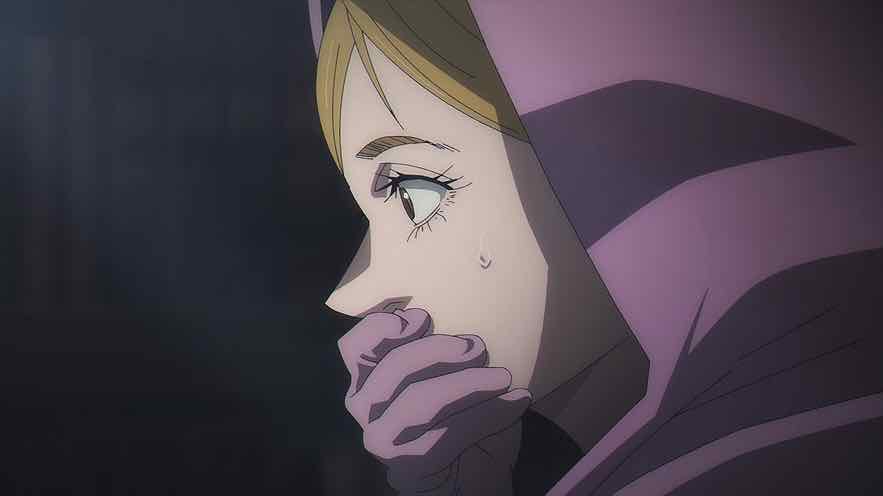
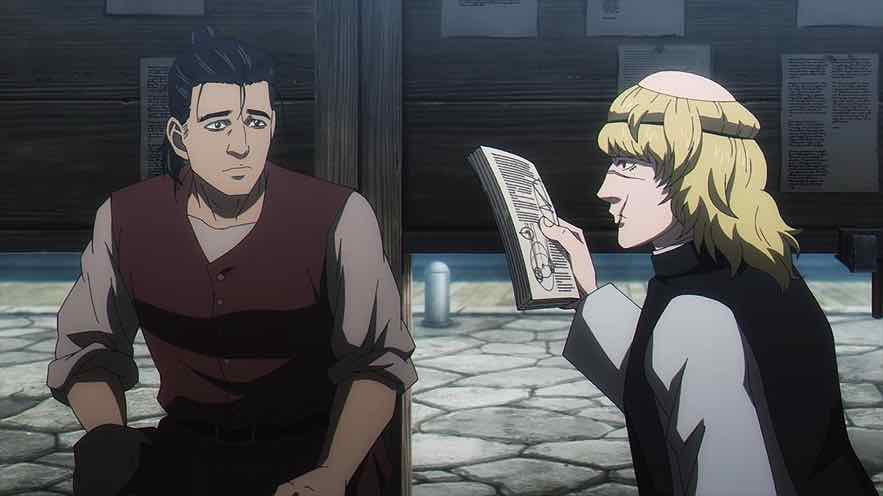
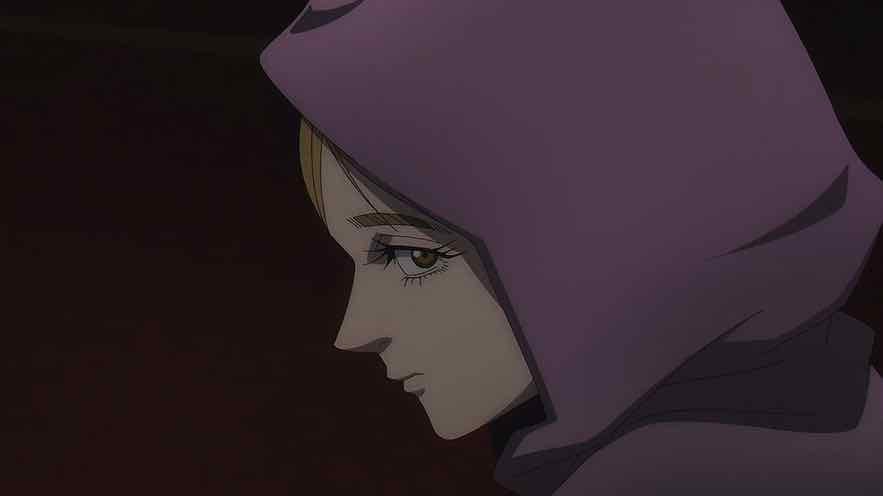
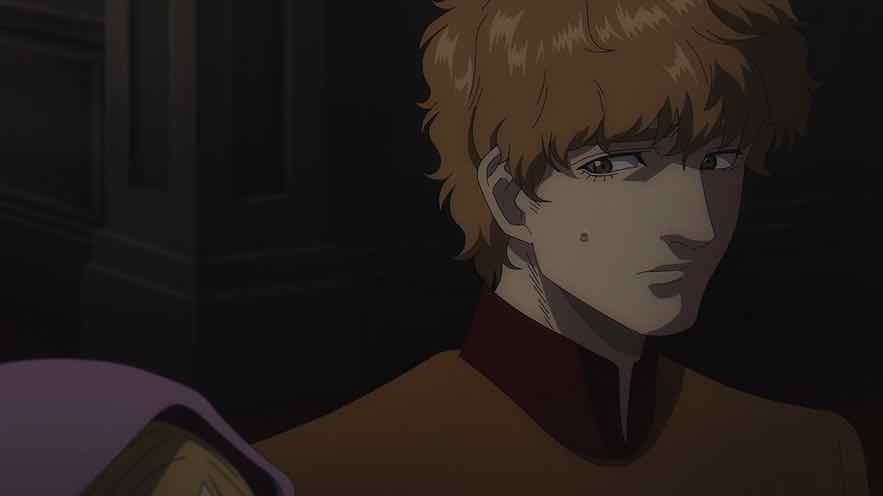
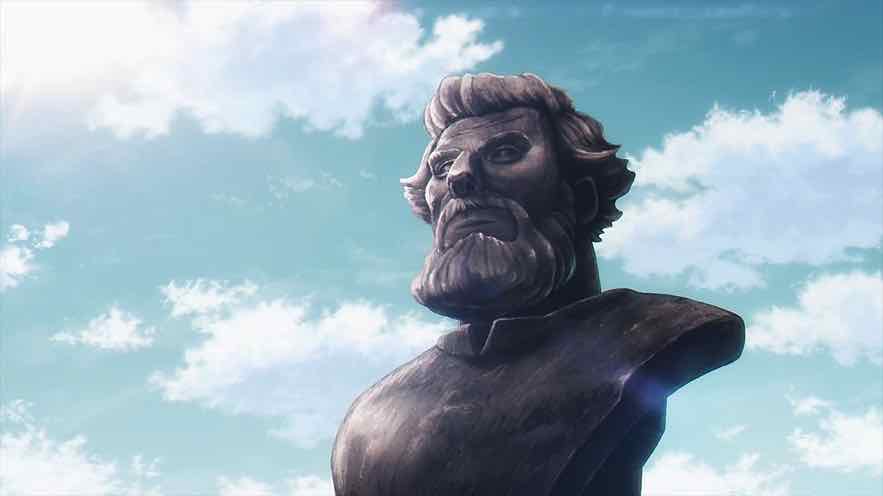
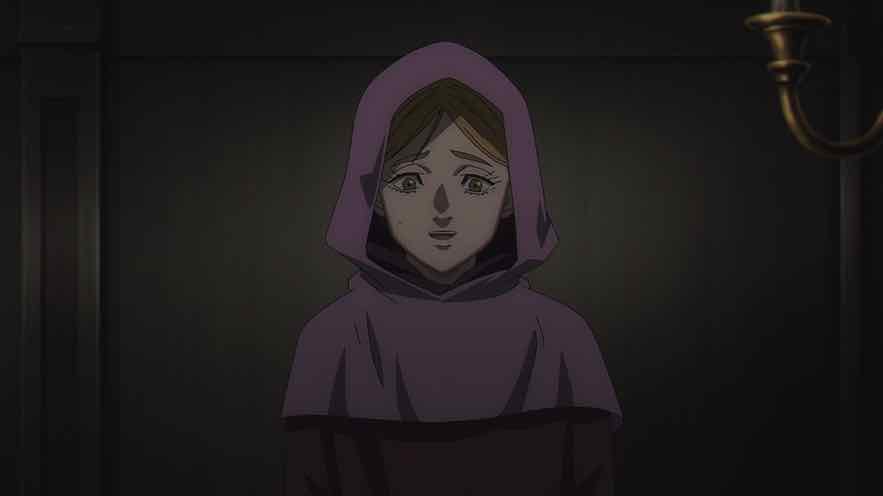
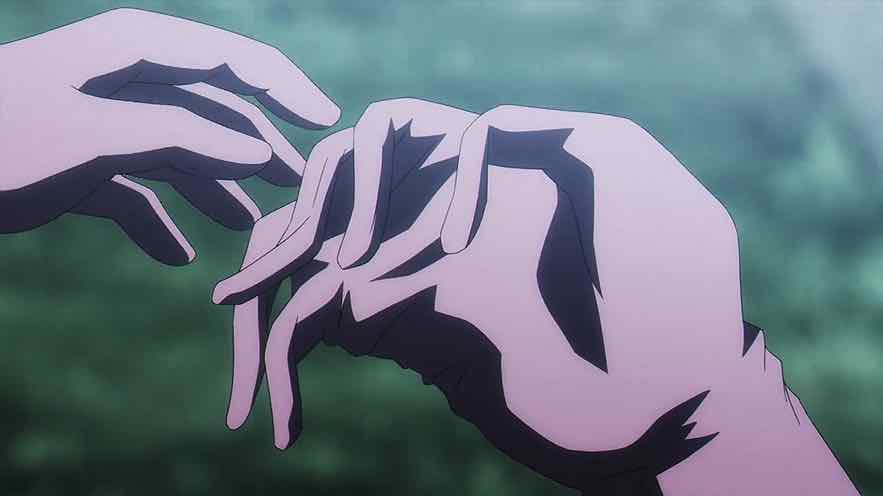
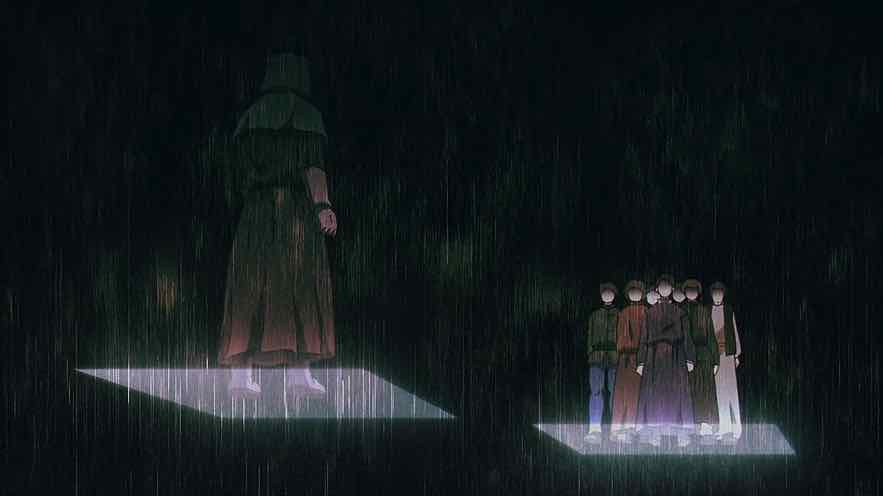
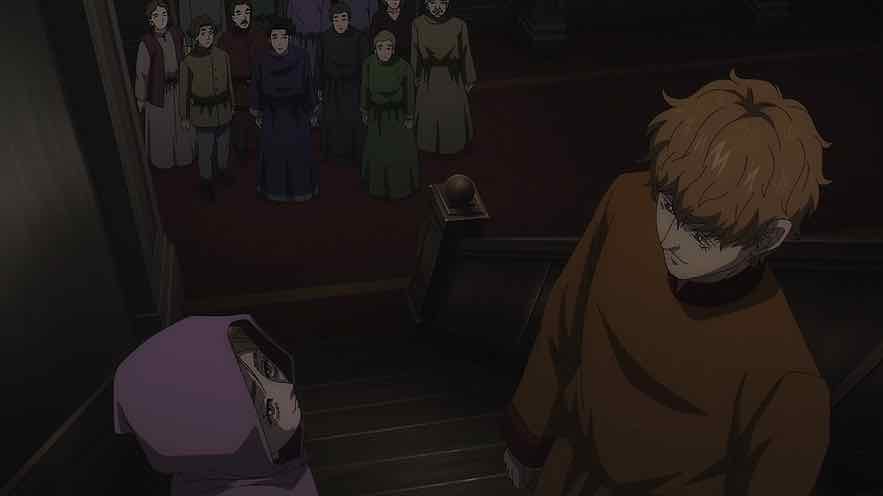
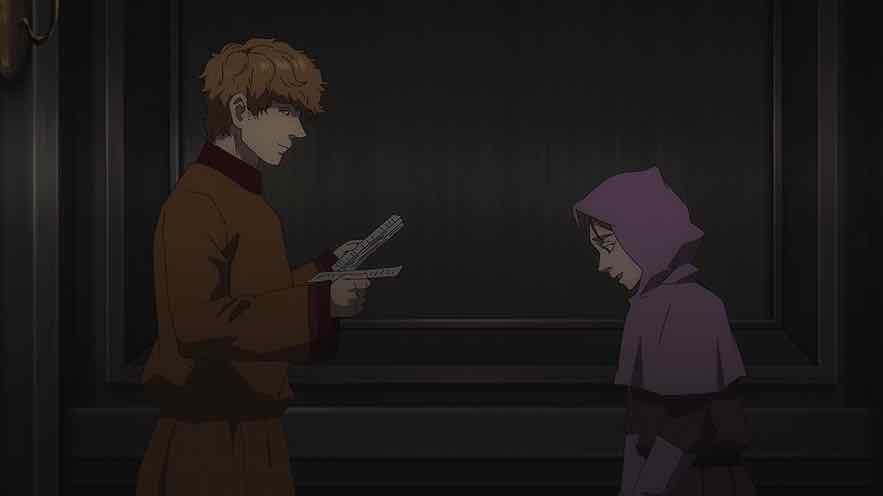

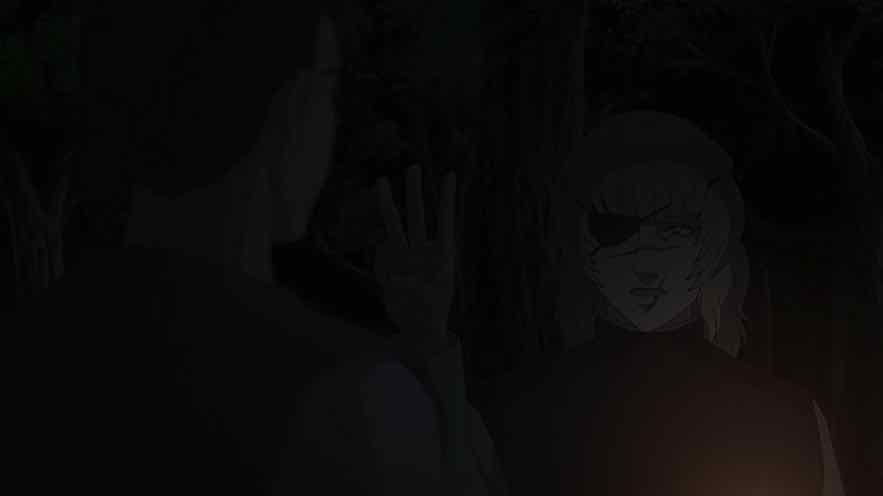
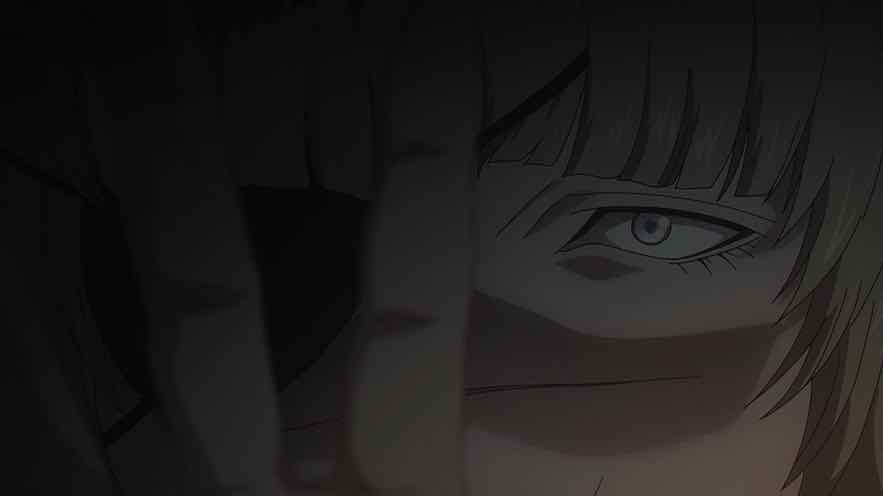
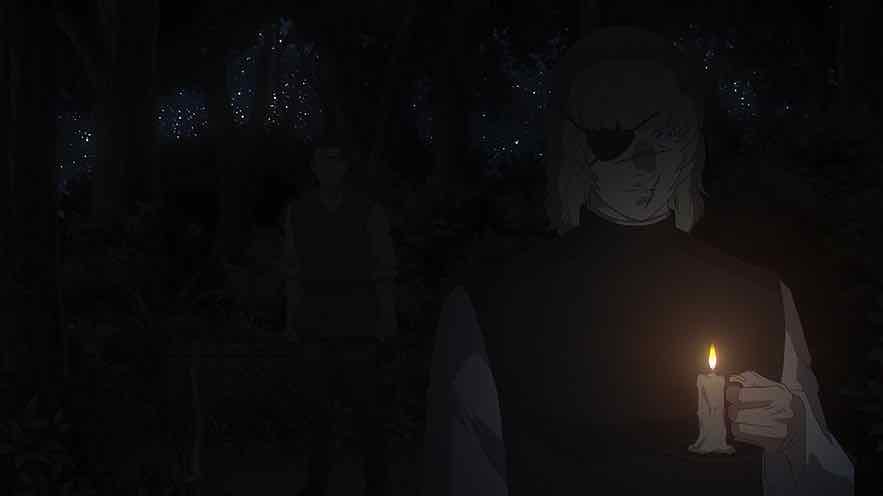
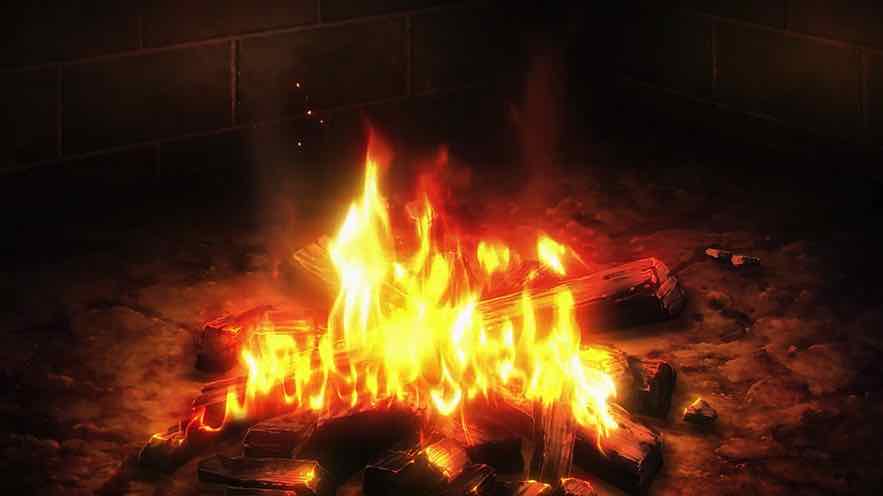
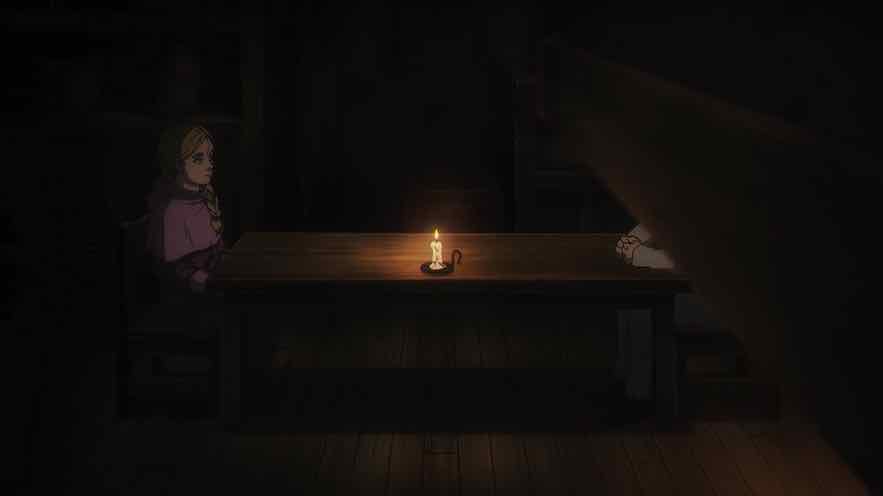
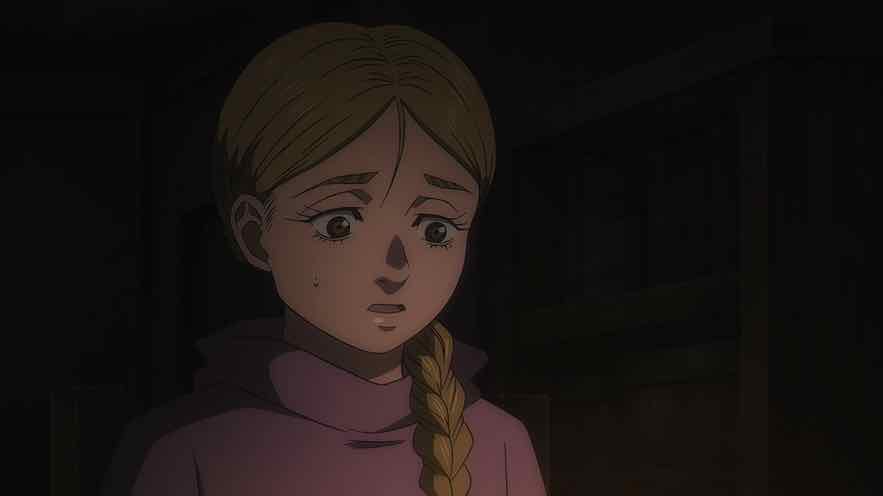
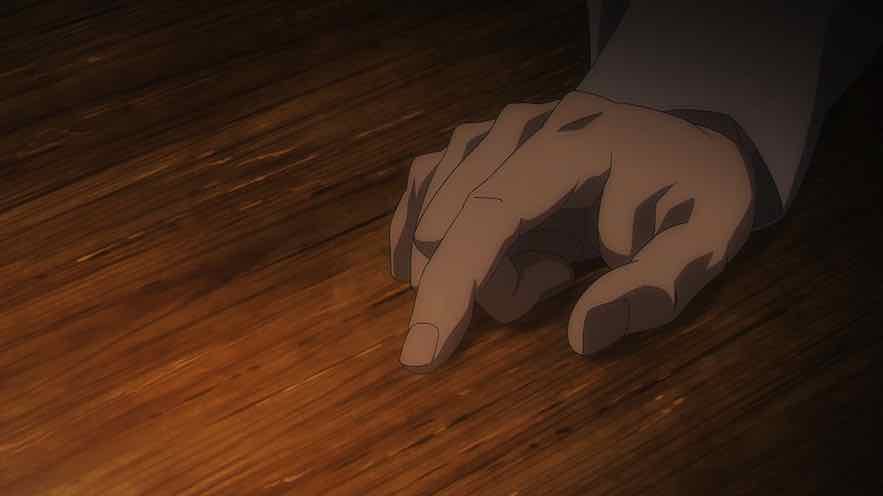
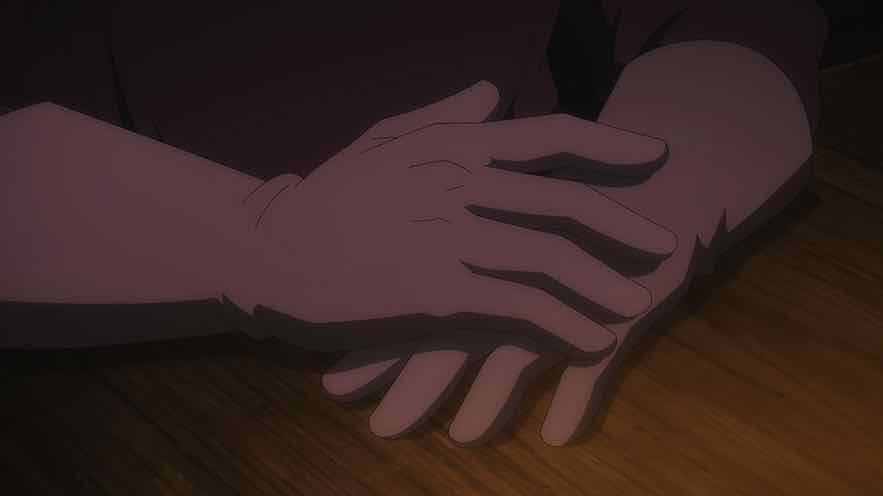
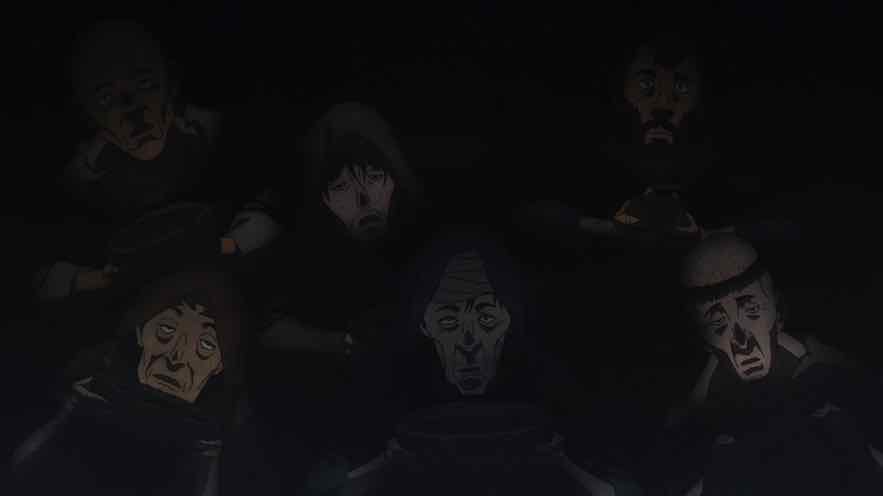
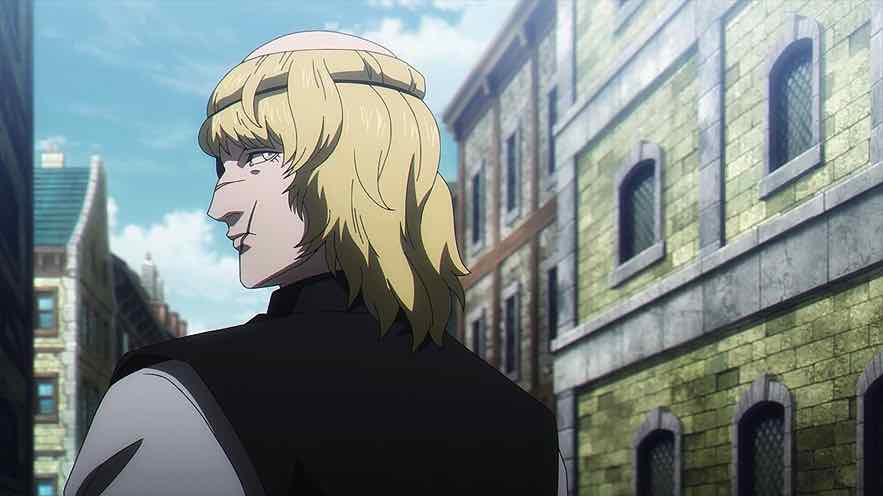
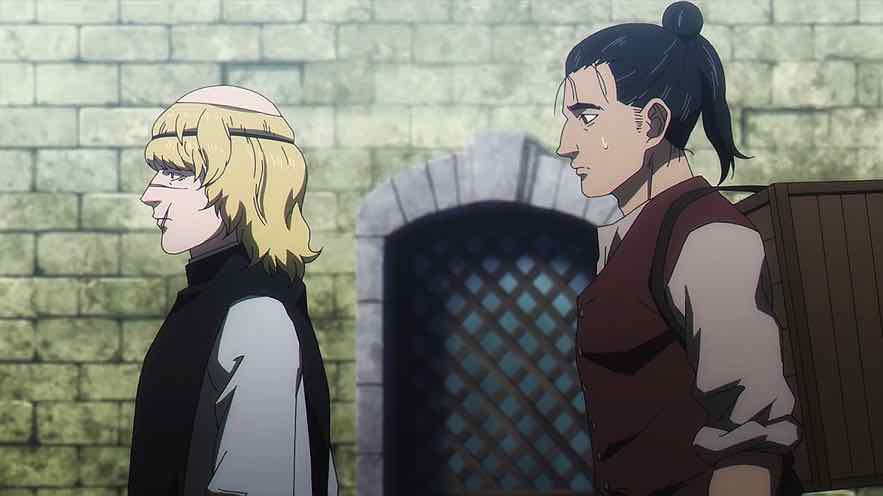
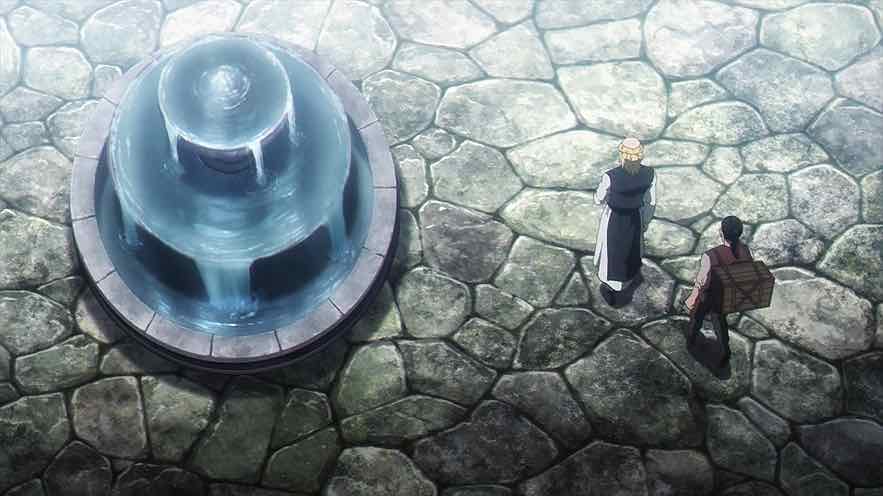
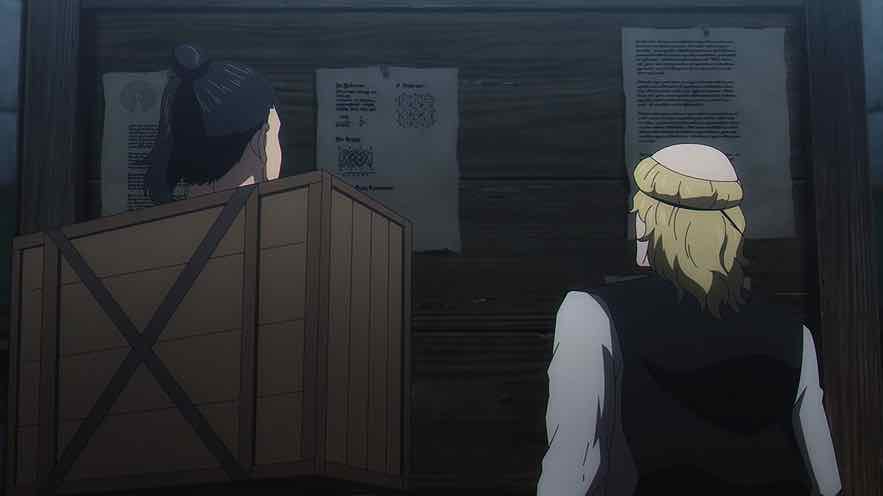
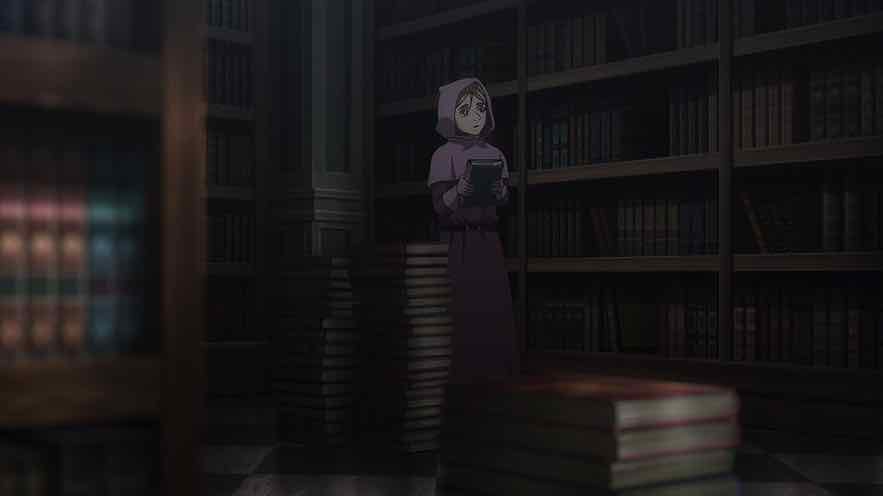
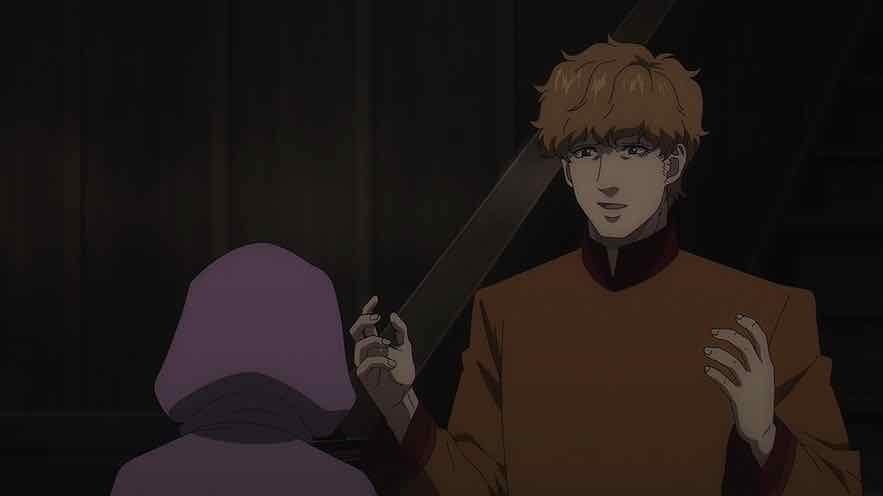
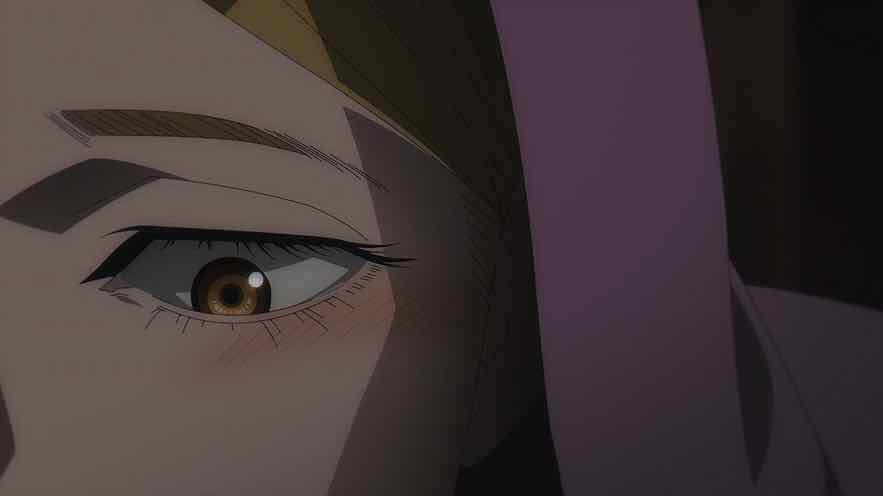
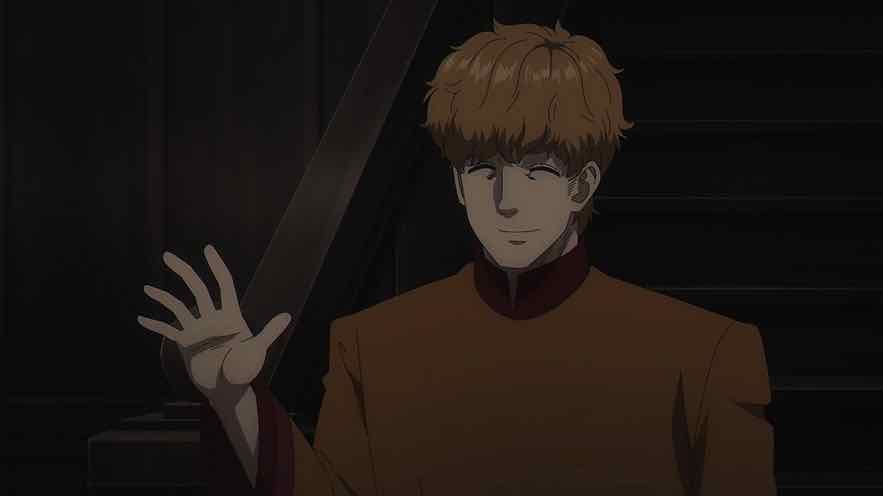
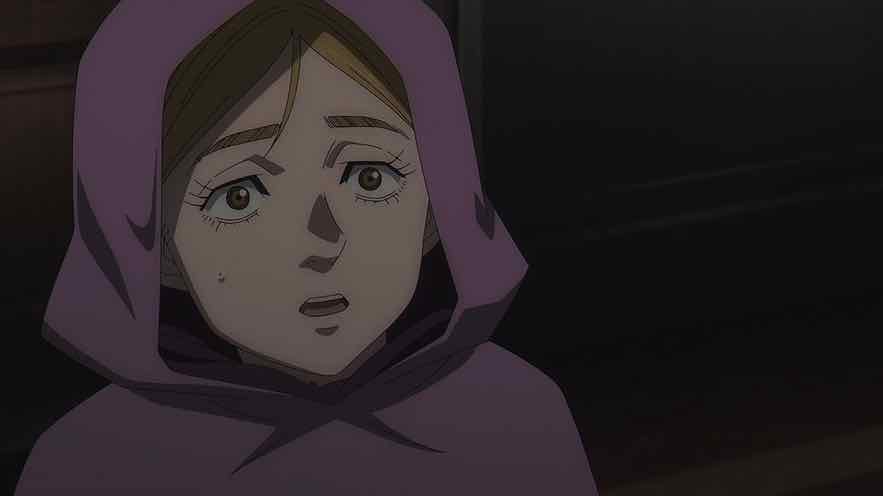
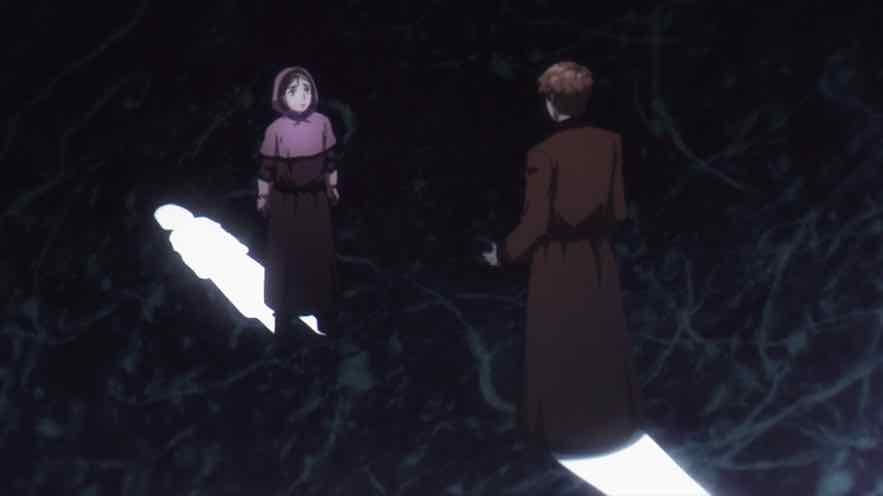
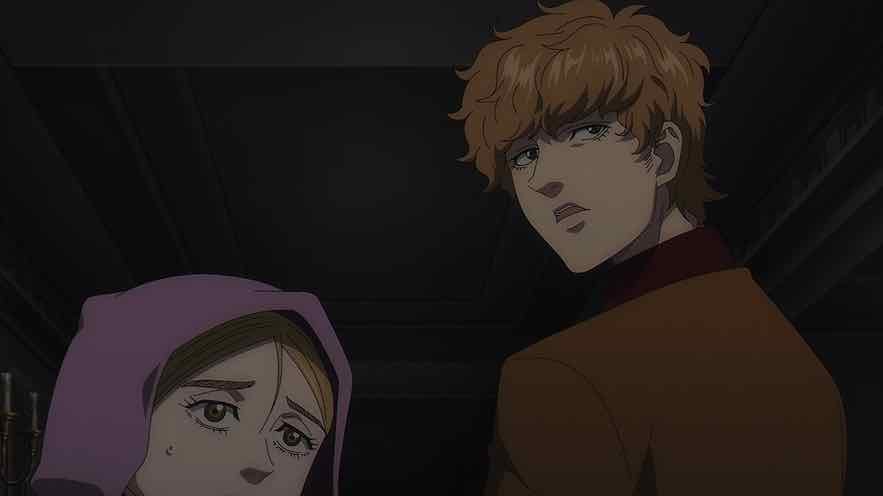
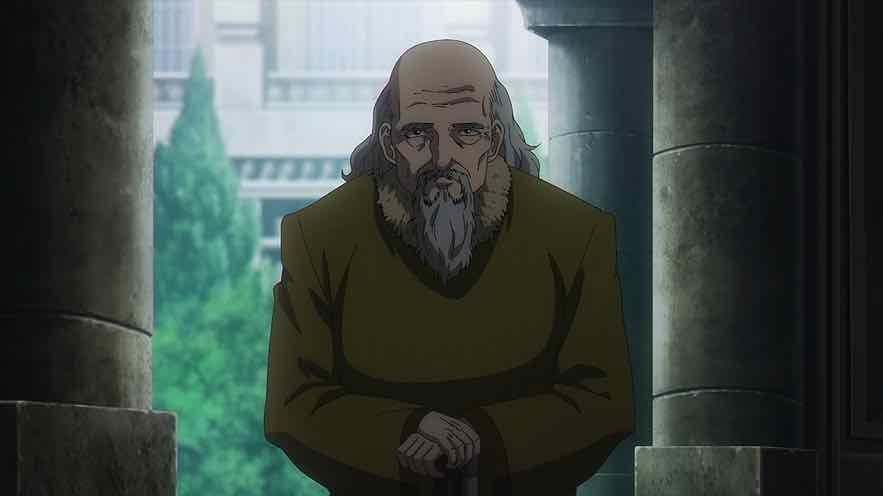
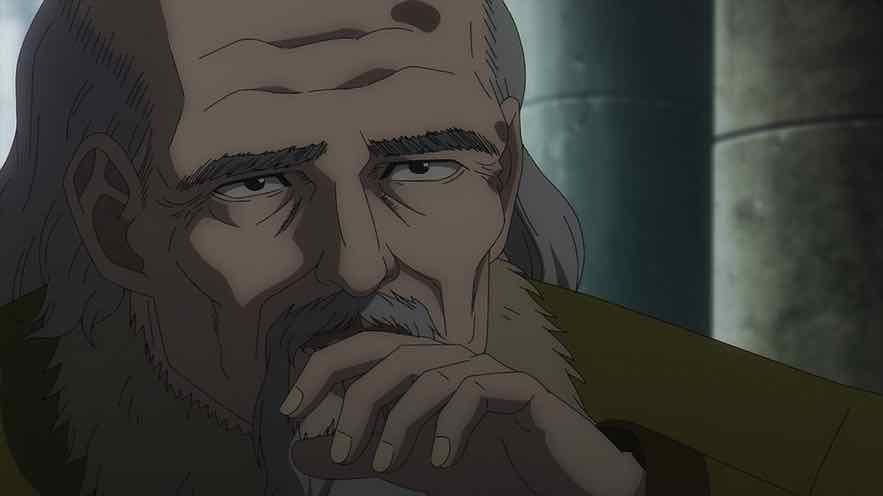
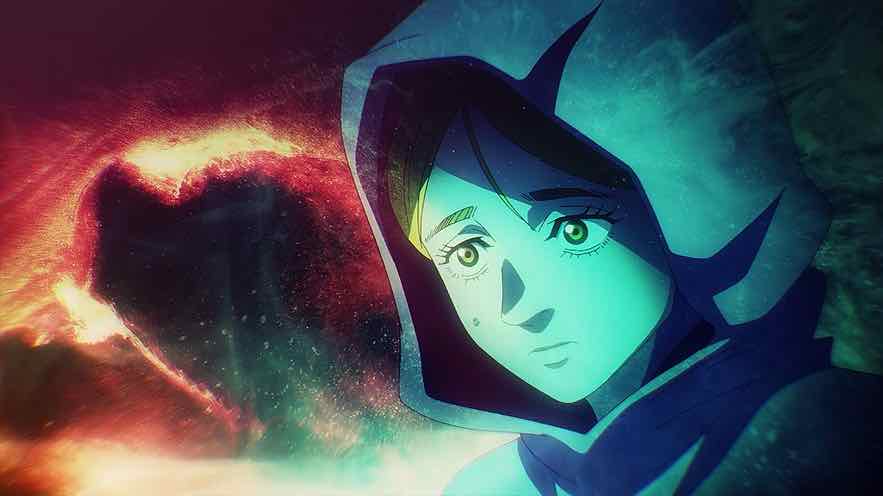

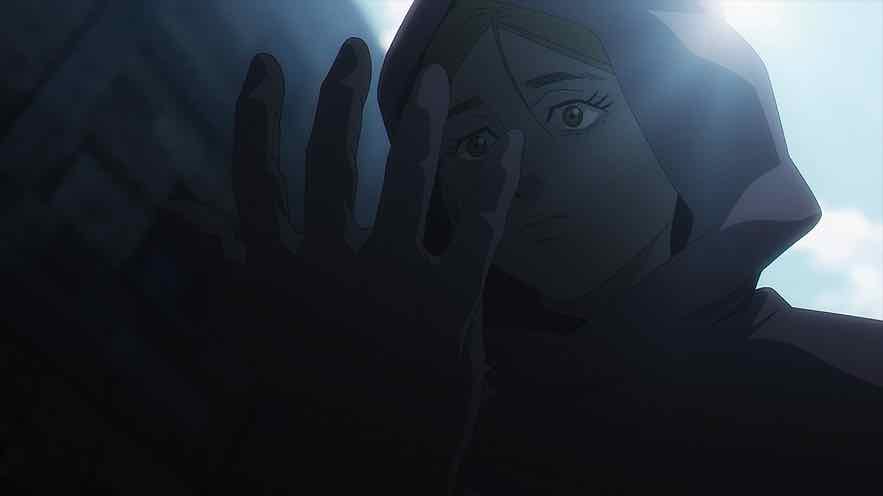
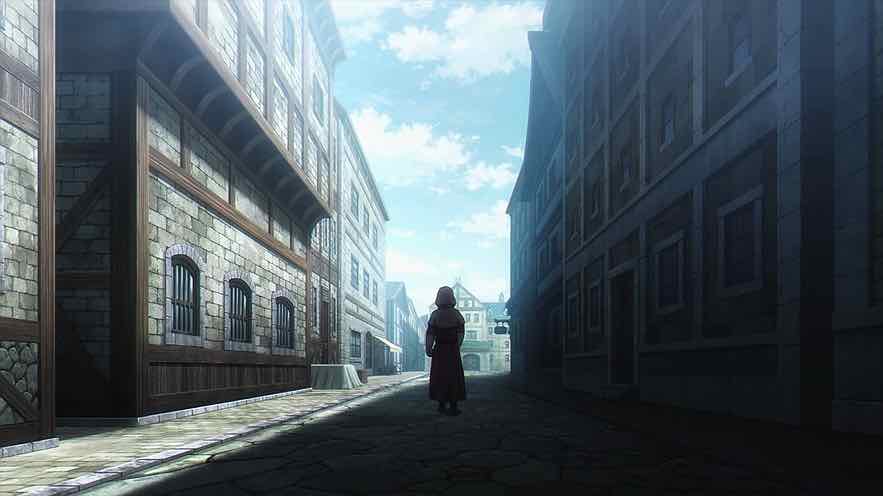
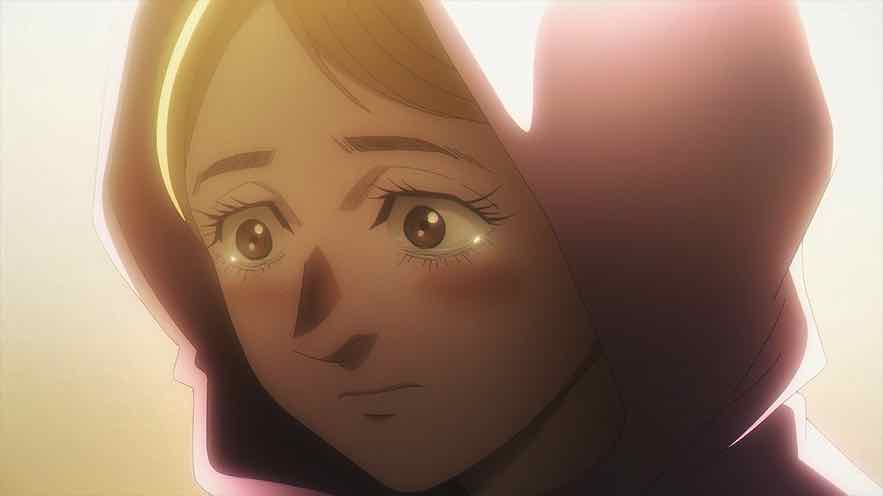
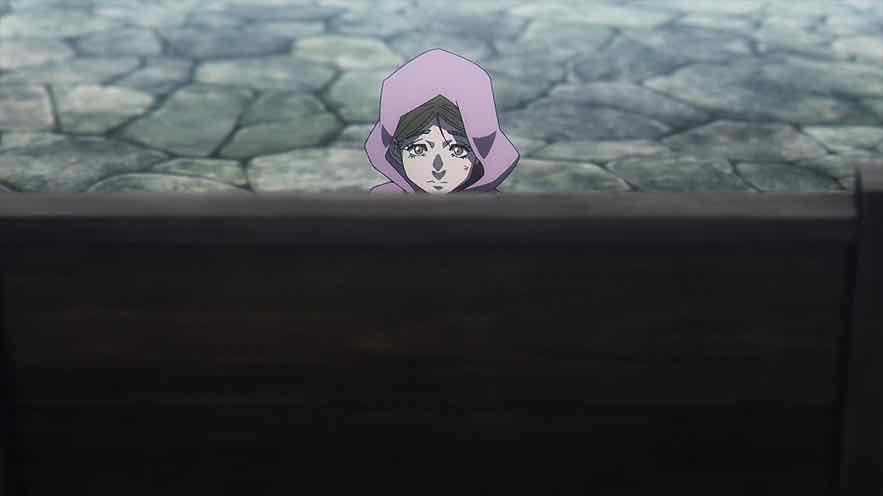
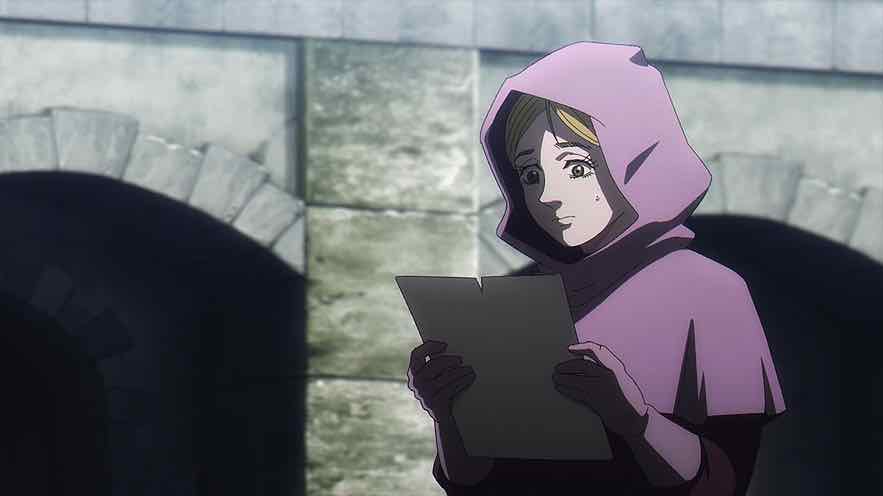
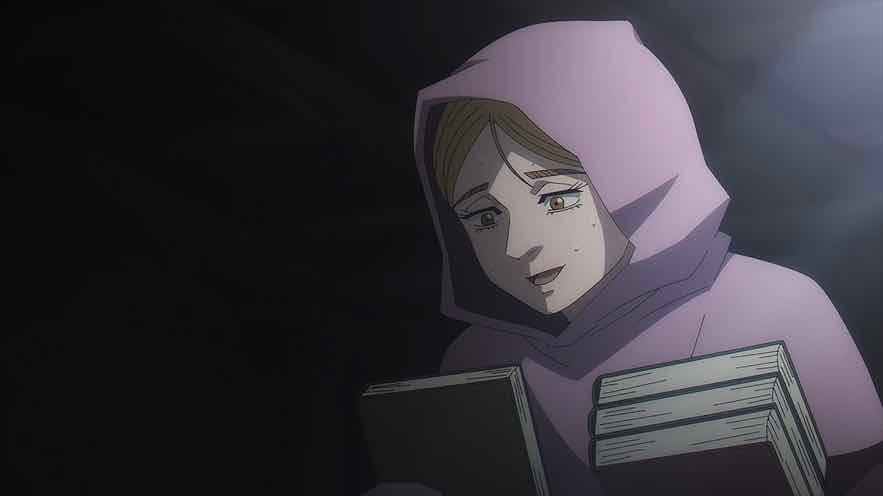
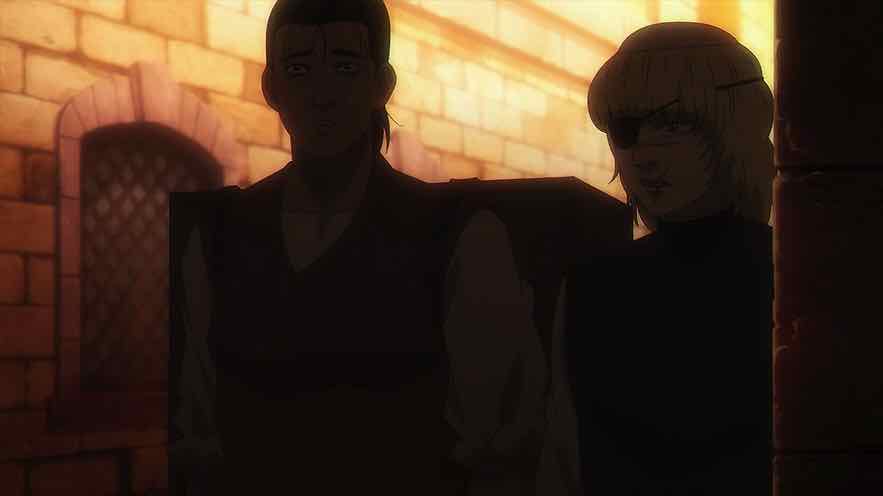
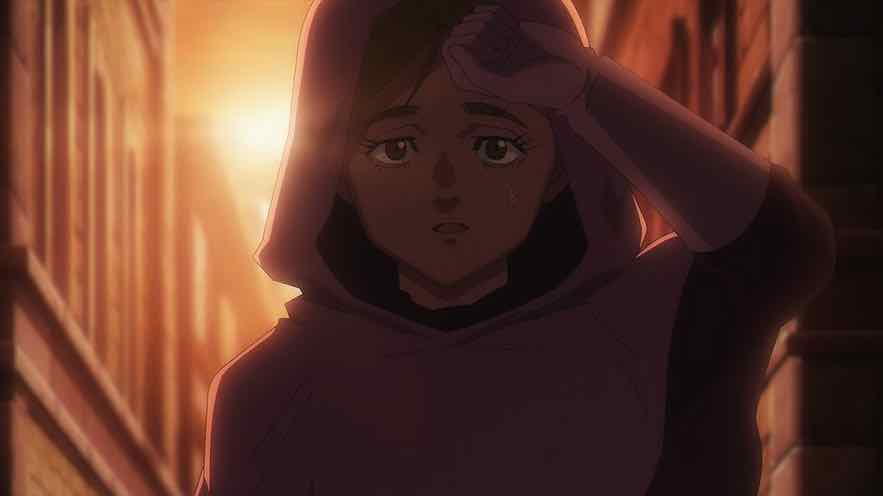
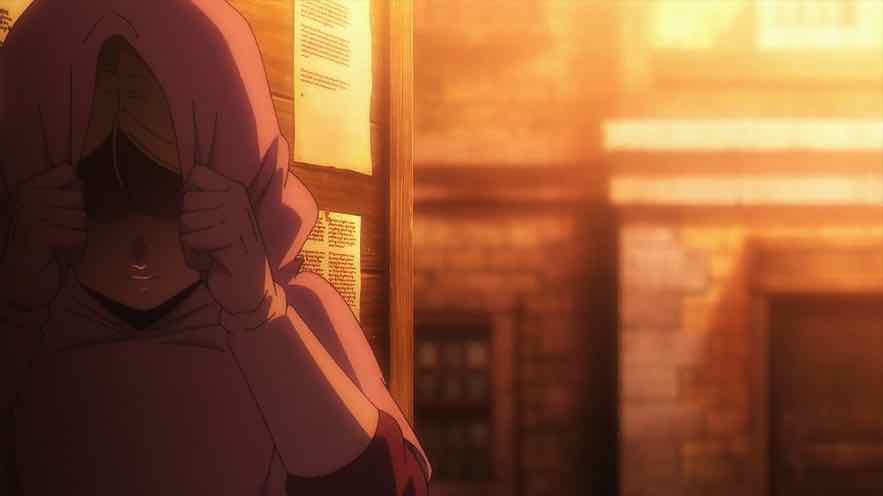
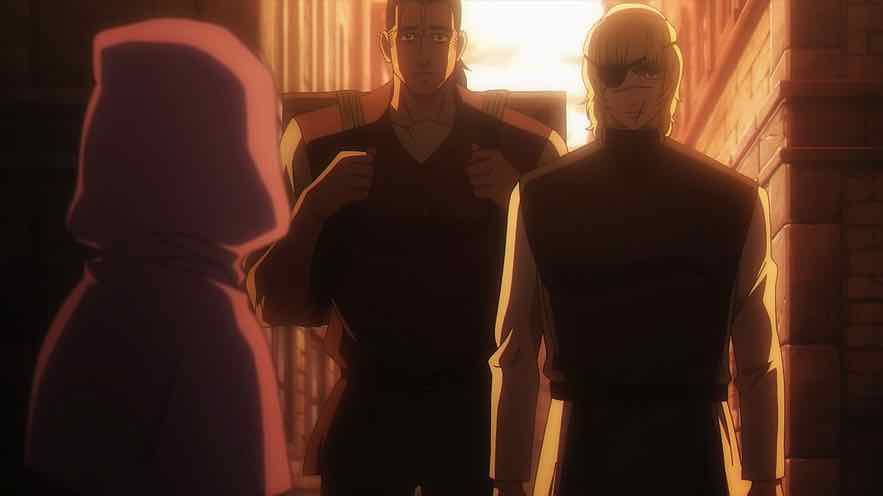


Abs
November 14, 2024 at 6:51 amThis series is a masterpiece. It doesn’t need to be historically accurate, its fiction. As long as it remains accurate to its in-universe settings and character motivations. Hopefully they’re aren’t too many more gut punches coming our way…also completely agree the ‘[mystery’ was hilariously pointless.